In Chinese history, the Three Kingdoms period was an era full of wars and political struggles. Cao Mao, also known as Emperor Cao Mao of Wei, was the fourth emperor of the Cao Wei dynasty in the late Eastern Han dynasty. During his reign, power was gradually taken over by Sima Zhao. This article will explore whether Cao Mao had a chance to turn the tables before Sima Zhao took power, as well as his ultimate fate.

I. Cao Mao's Ascension to the Throne and Political Environment
Cao Mao ascended the throne in 254 AD, when the court politics had already been controlled by Sima Yi and his son Sima Shi. At the age of 14 when he ascended the throne, Cao Mao became a puppet emperor manipulated by powerful ministers due to his lack of real power. Despite this, Cao Mao had a certain amount of knowledge and talent, and theoretically had a chance to turn the tables if he could seize the opportunity.
II. The Rise of Sima Zhao
Sima Zhao was the younger brother of Sima Shi. Following Sima Shi's early death, Sima Zhao began to gradually take over political power. Before Sima Zhao fully took power, if Cao Mao could gain the support of other nobles or exploit internal conflicts within the Sima family, he might still have had a chance to regain some power. However, such a window of opportunity was very brief and full of uncertainty.
III. Cao Mao's Resistance and Failure
According to historical records, Cao Mao was dissatisfied with his status as a puppet emperor and attempted to take control of the government and restore royal power. In 260 AD, Cao Mao launched a coup attempt to break free from Sima Zhao's control, but the coup ended in failure, and Cao Mao himself was killed. This event marked the end of Cao Mao's chances to turn the tables and foreshadowed the complete decline of the Cao Wei dynasty.
IV. Historical Evaluation of Cao Mao
Although Cao Mao had ambitions to revitalize the royal family, he failed to succeed due to multiple factors such as timing, power imbalance, and strategic choices. Historical evaluations of Cao Mao vary, with some viewing him as a tragic hero with courage but no cunning, while others consider him a dignified monarch in a desperate situation.
Conclusion:
Indeed, Cao Mao had a slim hope when Sima Zhao had not fully taken power, but this hope was very dim. His failure was not only a tragedy of personal fate but also a microcosm of the decline of the entire Cao Wei dynasty. Cao Mao's story reminds us that even in complex political situations, turning the tables requires cautious strategies and strong strength to succeed.
Disclaimer: The above content is sourced from the internet and the copyright belongs to the original author. If there is any infringement of your original copyright, please inform us and we will delete the relevant content as soon as possible.
Guess you like it
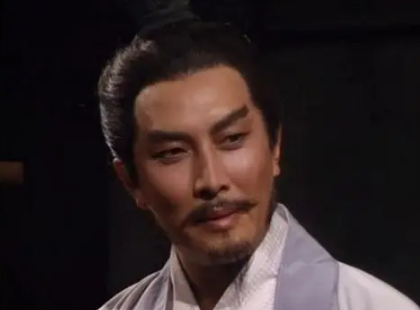
What is the identity of Zhuge Gui: the leader of the Three Kingdoms think tank
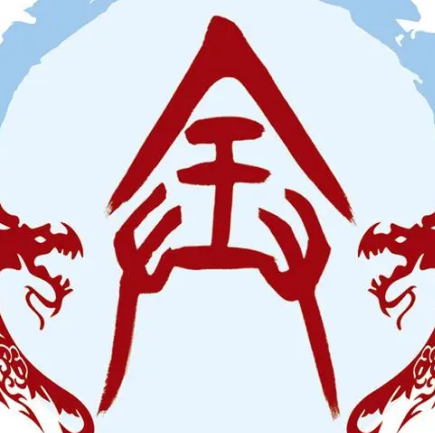
Pronunciation and Cultural Inquiry of the Surname Quan

Is the Sengoku period in Japan really just a series of village fights? What is the actual truth behind it?
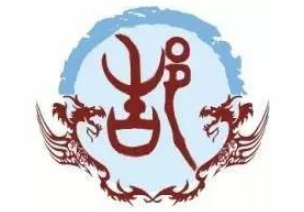
Ancient Tradition of the Gao Surname: Noble Bloodline Originating from the Royal Family of Zhou

Why did Rommel fail in the North African battlefield? What are the reasons for Rommels failure?
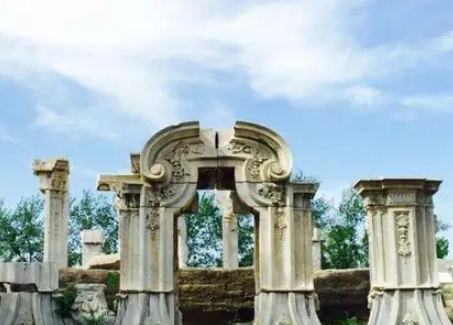
The Loss and Recovery of Cultural Relics from the Old Summer Palace
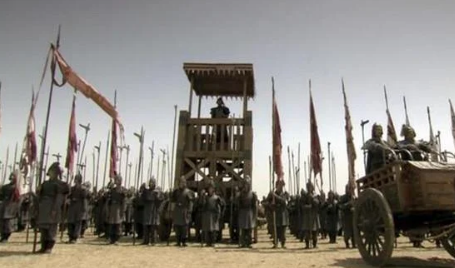
Why did the Zuizhi War fail? What were the reasons for its defeat?
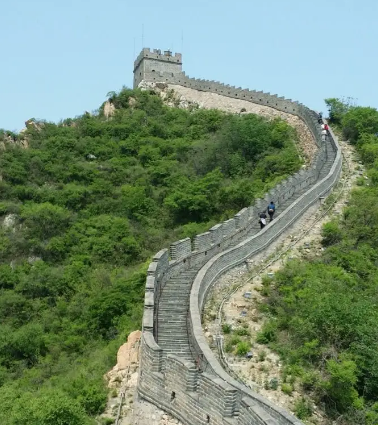
What is the legend of the Three Gates of the Great Wall?
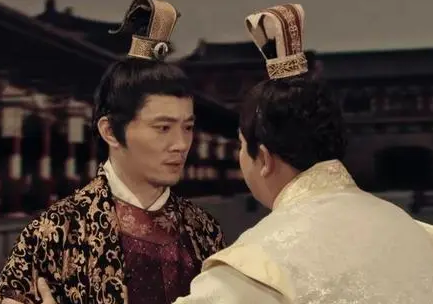
Yang Dun and Yang You: Two princes in the long river of history, intersecting and colliding with their destinies.
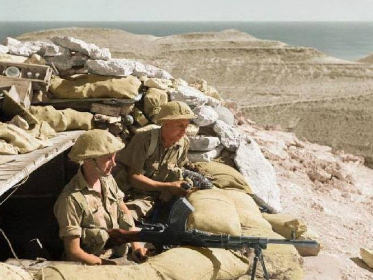
What was the strength of the German forces in the North African battlefield? How many troops did Germany send?









